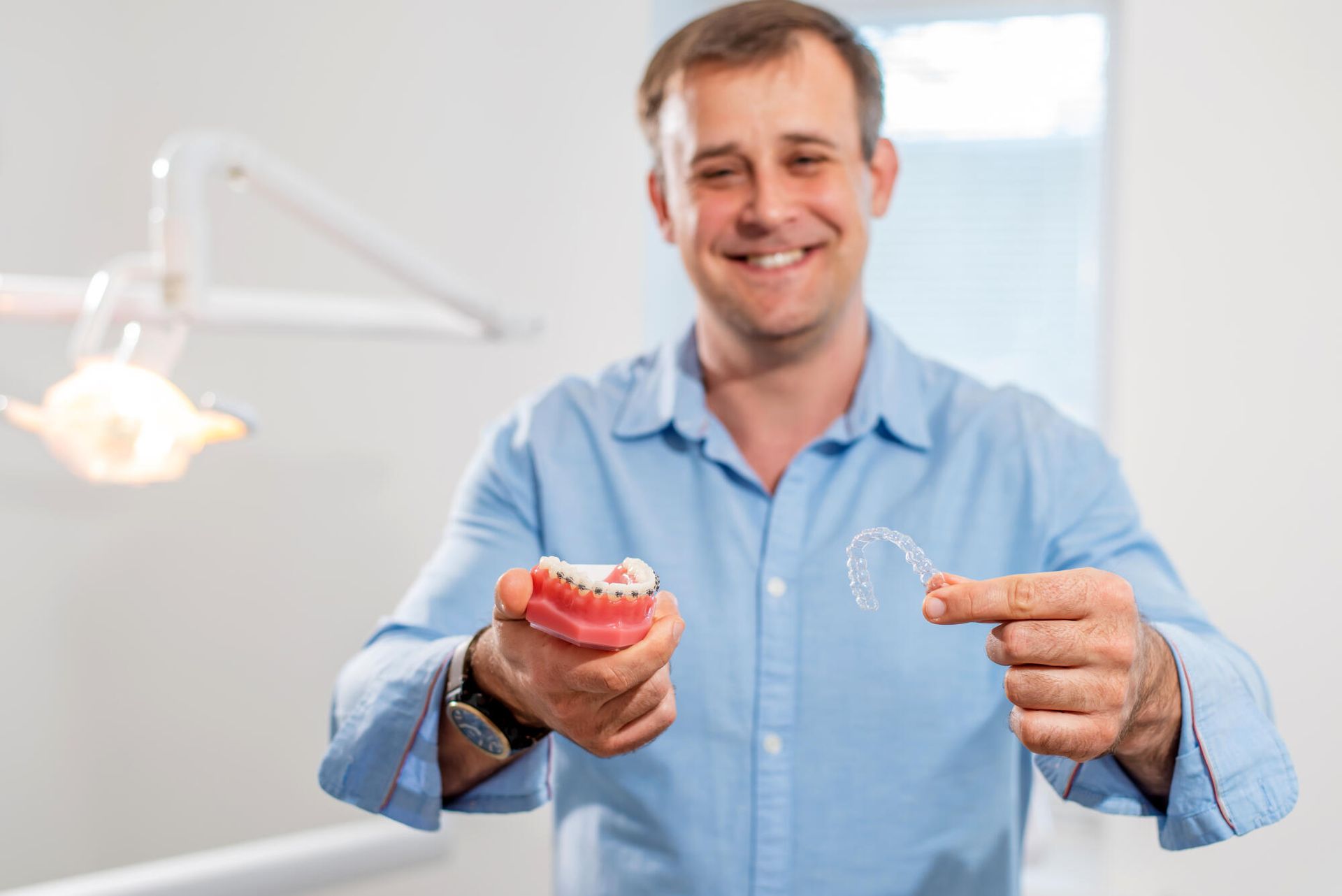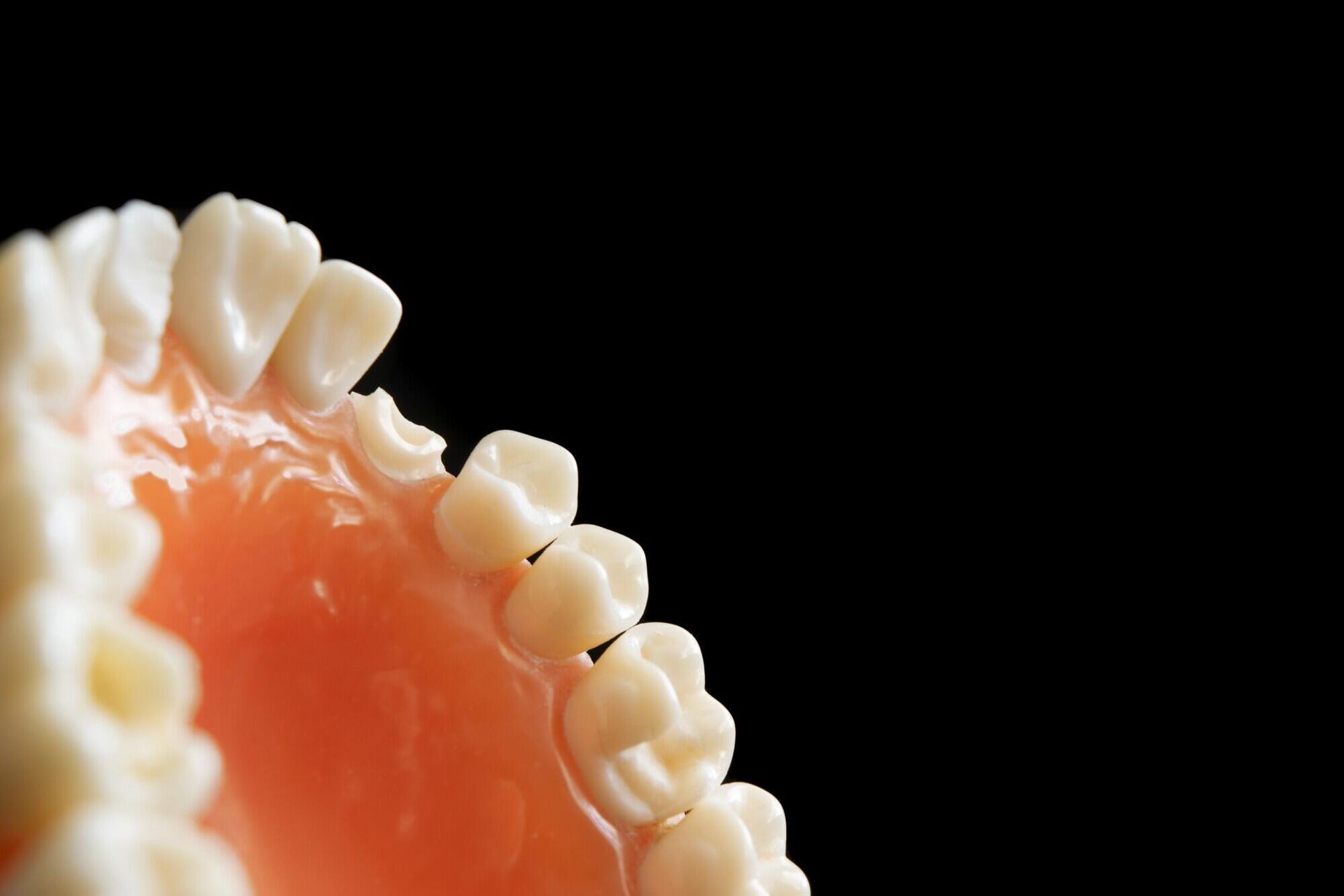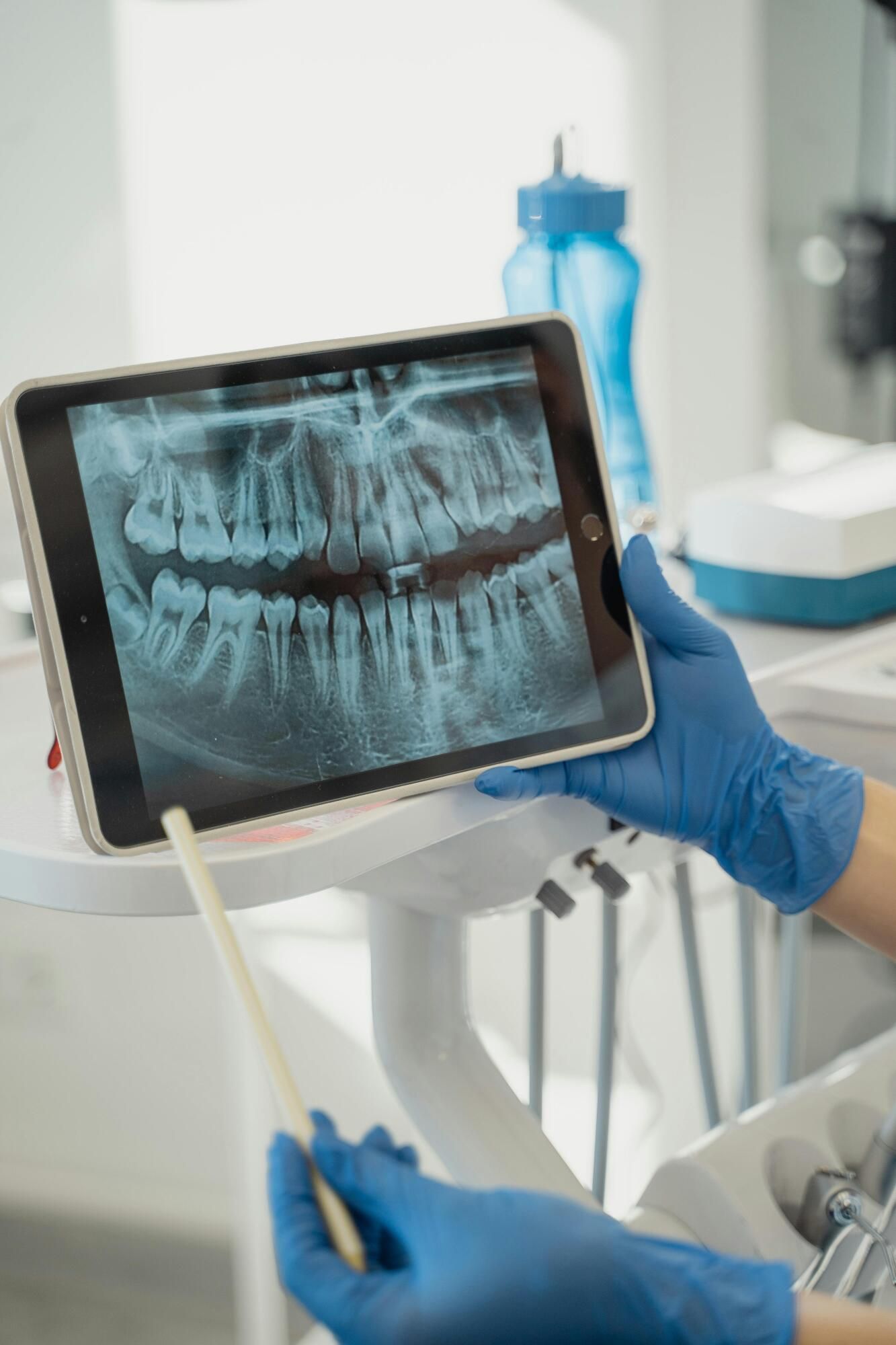General Dentistry Essentials: How Routine Visits Keep Your Smile Healthy
Half the world's population -- that's a staggering 3.5 billion people -- are battling oral diseases, the World Health Organization reports. Yikes, right? Your smile is more than just a pretty face -- it's a window to your health and well-being.
So, what's the secret to a healthy, happy smile?
Regular check-ups with your general dentist may be just the trick. From preventing cavities to keeping gum disease at bay, routine dental check-ups can work wonders.
Scheduling regular visits with your dentist allows you to invest in a healthier, happier you. A bright smile can boost your confidence and leave a lasting impression. Below is a guide on why a regular dental checkup is one of the best things you can do for yourself.
How Often Should You Visit Your General Dentist?
The American Dental Association recommends visiting your general dentist at least twice a year for regular checkups. However, if you have specific dental needs, you may need more frequent visits.
Some of the factors that may influence how often you should see your dentist include:
- Personal oral health history
- Current dental problems
- Lifestyle factors such as smoking or diet
Regular dental checkups allow your general dentist to find any dental problems you may not have noticed. Without routine visits to the dentist, untreated conditions may worsen.
How Regular Visits to a General Dentist Keep Your Smile Healthy
Your smile is one of your most valuable assets. However, most people underestimate the importance of regular dental checkups. Here's how routine dental visits can protect your smile.
Stopping Dental Issues Before They Begin
Regular visits to a general dentist are essential for preventative dental care. They allow your dentist to detect and address dental problems early. Even small cavities or mild gum inflammation, if left untreated, can escalate into serious conditions.
If your dentists spot these issues early, they can provide less expensive and less invasive treatments. Your dentist can also administer other preventive treatments such as:
- Fluoride applications to strengthen your tooth enamel and protect it from decay
- Dental sealants to create a protective barrier on the chewing surfaces of your molars
- Composite Bonding to prevent small cavities from worsening
- Plaque and tartar removal for you to enjoy professional teeth cleaning benefits
Such preventive care procedures will make your teeth healthier and stronger. Early intervention will save you time, money, and discomfort.
Targeted Dental Solutions for Specific Problems
Do you have dental pain or a less-than-perfect grin? A general dentist is your go-to for restoring oral health and boosting confidence. Some of the custom dental services they offer include:
- Oral Exams & Dental X-Rays: Regular checks and annual x-rays catch issues early
- Dental Restorations: Crowns, fillings, and root canals repair damaged teeth
- Tooth Replacement: Choose from bridges, dentures, or implants to restore your smile
- Cosmetic Upgrades: Get teeth whitening, veneers, or bonding for a picture-perfect look
- Nightguards for Bruxism: Protect your teeth and ease pain caused by grinding
Your dentist can streamline your oral health maintenance. From routine exams to restorative treatments, they offer quality care for your teeth.
Educating Patients for Better Oral Care
Misconceptions about dental care can lead to harmful habits. One common myth is that brushing harder removes more plaque. The truth is that brushing vigorously can damage your gums and wear away tooth enamel.
Such practices are often passed down through generations, harming your oral health over time. Luckily, regular dental checkups can help bust the myths about dental care. Your general dentist will educate you about proper oral hygiene techniques, including effective brushing and flossing methods.
Screening for Mouth Cancer
Oral cancer is a serious condition that often goes unnoticed. According to the American Cancer Society, there were about 58,450 new cases of oral or oropharyngeal cancer in 2024. Oral cancer can cause lesions that deteriorate the tissues supporting your teeth.
Left untreated, it may lead to tooth loss and other complications. Routine visits can help with early detection and treatment. A general dentist can perform an oral cancer screening to identify pre-cancerous or cancerous lesions.
Early intervention through regular dental visits helps prevent disease progression. As a result, you can protect your teeth and your life.
Signs You Need to Visit Your General Dentist
Visiting a dentist regularly can help keep your smile healthy. However, sometimes, you may experience unexpected dental issues that can't be ignored. Let's explore some signs that show you need to visit the dentist immediately.
Loose or Shifting Teeth
Your teeth should be firmly rooted in your jawbone. If you notice that your teeth are becoming loose or shifting, it may be a sign of gum disease or bone loss. A general dentist can diagnose and prevent further damage.
Sore or Bleeding Gums
Gums that bleed when you brush or feel sore may be an early sign of gum disease, especially if you're diabetic. Don't let bacteria cause more damage -- visit your dentist. They can address gum inflammation before it worsens.
Mouth Sores
Mouth sores are common. However, if a sore persists for about two weeks or becomes painful, visit your dentist. Your mouth sores could indicate an infection, oral cancer, or other underlying health problems.
Persistent Bad Breath
Do you suffer from halitosis?
Don't let bad breath hide your smile and confidence. Visit your dentist regularly to stop the bad breath. They will identify the cause of your bad breath and offer personalized treatments.
Tooth Sensitivity
If you're experiencing sudden or increased tooth sensitivity, it may be a sign of teeth or gum problems. Tooth sensitivity may be due to tooth decay, gum disease, or cracked teeth. Visit your dentist to deal with the uncomfortable sensitivity.
Schedule a Visit With Your Qualified General Dentist
Your smile deserves the best care, and a general dentist can make this happen. Through regular dental checkups and proactive care, you can enjoy a healthy, confident smile.
Ready to protect your smile? At Dr. Jeffrey M. Falduto Family Dentistry, we blend expert care with a friendly touch right here in Lincoln Park. Our routine checkups help keep your teeth healthy and happy.
Reach out to us today to
schedule an appointment.









